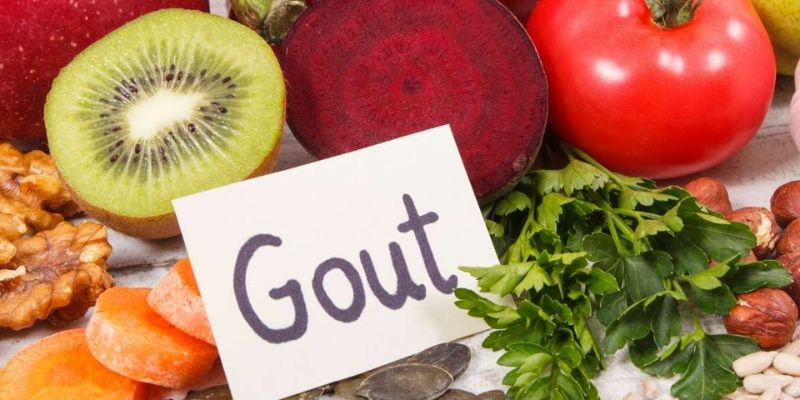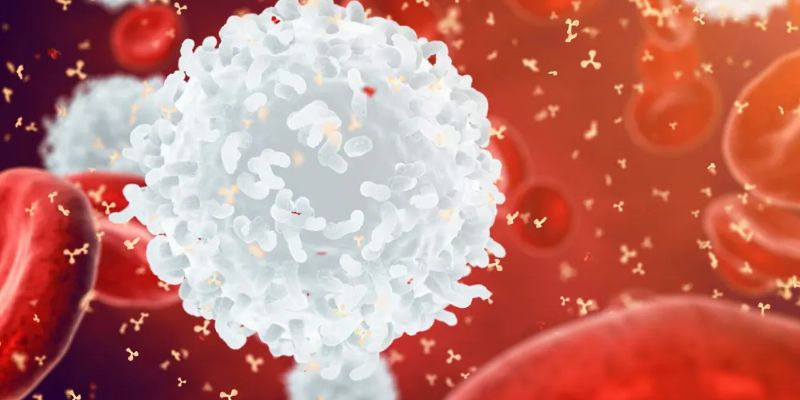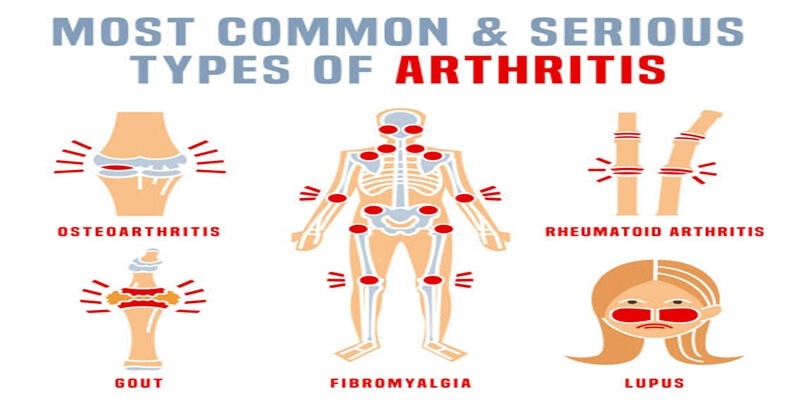A gout is a form of arthritis that affects the joints, causing intense pain and swelling. It can be incredibly uncomfortable, and if left untreated, it can lead to more serious damage. Of course, this means avoiding activities such as running or playing sports that require joint usage, but what about diet?
What foods should people with gout avoid to decrease their chances of an attack? You’ll find out which foods have been known to trigger gout symptoms, how they are best avoided, and some other dietary tips for reducing the effects of your condition. If you suffer from gout, then read on to get control over both your diet and pain levels.
What is the Gout Diet?
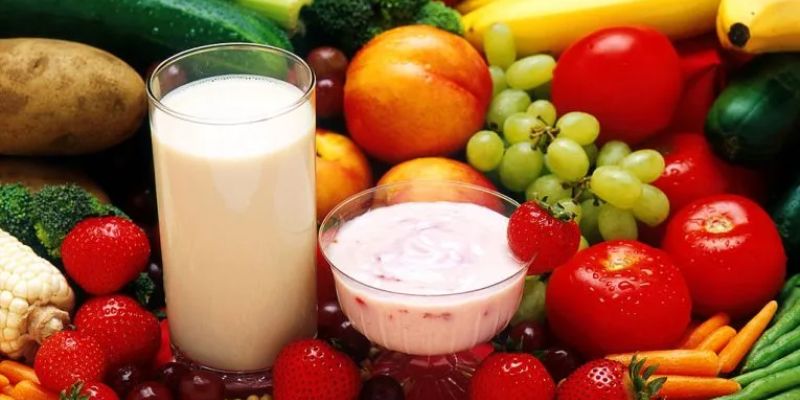
The gout diet combines lifestyle changes and dietary interventions that can help reduce the risk of gout attacks. There are no specific foods to eat or avoid on the gout diet; it’s more about ensuring your overall eating habits align with reducing inflammation and avoiding trigger foods.
Foods high in purines, such as red meat, organ meats, certain fish, some shellfish, and high-fat dairy, should be limited or avoided altogether if you have gout. You should also limit your alcohol intake – especially beer – as this can increase uric acid levels in the blood and aggravate symptoms.
Certain vegetables like mushrooms, spinach, cauliflower, and asparagus should also be avoided, as they have high purine levels. It’s also important to stay hydrated and monitor your weight – excess body weight can increase the risk of gout attacks. Keeping a healthy balance of fat, protein, and carbohydrates in your diet is key when controlling gout symptoms.
What is a Low-Purine Diet?
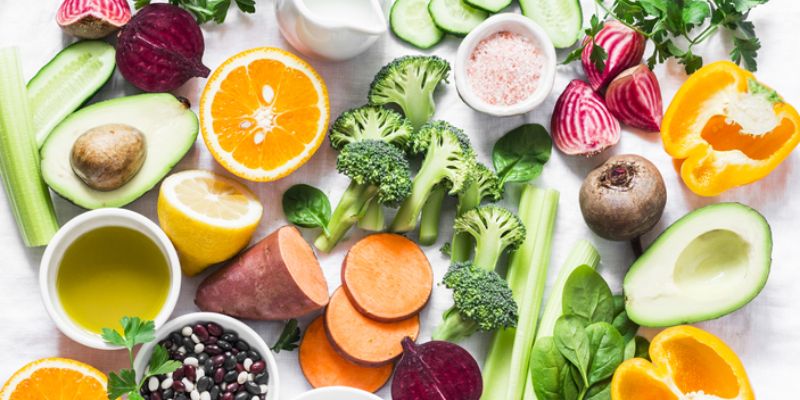
Doctors often recommend a low-purine diet for those who suffer from gout. This diet limits foods high in purines, broken down to uric acid. Foods that contain higher levels of purines include organ meats, red meat, seafood like anchovies and sardines, mushrooms, asparagus, spinach, cauliflower, and other vegetables, and beer or liquor made from grain (like whiskey or bourbon).
On the flip side, there are also plenty of low-purine food options that you can include in your diet, such as wheat germ, eggs, chicken, turkey, oatmeal, and brown rice. Low-fat dairy products and fruits such as apples and bananas are also safe. Other drinks to consider include coffee, tea, and water.
It’s important to note that the gout diet isn’t a one-size-fits-all approach – you may need to adjust it based on your body chemistry, digestion issues, and other health concerns. Talk with your doctor about what could work best for you. With the right combination of lifestyle changes and dietary interventions, you can reduce the severity of your gout symptoms and regain control of your life.
Foods Make Gout Worse
Red meat
Red foods with a high purine content, such beef, hog, and lamb, can cause gout attacks by raising uric acid levels.
Organ meats
Organ meats like liver, kidney, heart, and sweetbreads contain very high amounts of purines and should be avoided.
Certain fish
Fish like anchovies, mackerel, herring, trout, sardines, and tuna are high in purines and should be limited or avoided if you have gout.
Shellfish
Shellfish such as shrimp, crab, and lobster also contain high amounts of purine and should be minimized or avoided altogether if you’re trying to control gout symptoms.
High-fat dairy
Dairy products high in fat, such as whole milk and cream, can aggravate the condition by increasing uric acid levels.
Mushrooms
Mushrooms have a surprisingly high amount of purines and should be avoided if you’re trying to manage your gout symptoms.
Asparagus
Asparagus is also one of the few vegetables that contain high amounts of purines; it should be limited or avoided altogether.
Alcoholic beverages
Alcoholic drinks like beer, whiskey, and bourbon are particularly bad for those with gout because they elevate uric acid levels and increase inflammation. If you do drink alcohol, limit yourself to no more than two drinks per day.
High-sugar foods
High-sugar foods such as candy, pastries, and sodas can cause inflammation and should be limited or avoided if you’re trying to manage your gout symptoms.
Caffeinated beverages
Caffeinated drinks like coffee and tea can also increase uric acid levels and aggravate gout symptoms; you should also limit these.
Processed foods
Processed foods are generally high in fat, sugar, sodium, and other additives that can increase inflammation and worsen your condition; it’s best to avoid them when possible.
Best Foods to Eat when you have Gout?
Oatmeal
Whole grains like oatmeal are low in purines and can help reduce uric acid levels.
Egg whites
Egg whites contain a low amount of purines, while egg yolks should be avoided because they are high in purines.
Low-fat dairy products
Dairy-fat-free products such as skim milk, yogurt, and cheese can help reduce inflammation and prevent gout attacks.
Fruits &'' Vegetables
Fruits such as apples, bananas, and oranges are low in purines; mushrooms, spinach, cauliflower, and asparagus should still be avoided. Most other fruits and vegetables are okay to eat in moderation.
Cherries
Cherries are highly anti-inflammatory and can help reduce the risk of gout attacks.
Legumes &'' Nuts
Legumes like peas, beans, and lentils are low in purines and provide a good source of protein; nuts such as almonds, walnuts, and peanuts are also okay to eat.
Following a gout diet doesn’t have to be difficult – it just requires some mindful planning and understanding of which foods make your condition worse and which can help reduce symptoms.
You can control your diet and pain levels with the right combination of lifestyle changes and dietary interventions. If you suffer from gout, talk with your doctor about what could work best for you.
FAQS
What stops gout fast?
The most effective way to stop a gout attack quickly is to take medication prescribed by your doctor, such as nonsteroidal anti-inflammatory drugs (NSAIDs) or corticosteroids. Other home remedies that may help reduce the pain and inflammation of a gout attack include drinking plenty of water, resting with your feet elevated, taking over-the-counter pain relievers such as ibuprofen or aspirin, and applying ice to the affected area. A low-purine diet can also help reduce the frequency and severity of gout attacks.
Which juice reduces gout?
Cherry juice is considered one of the most beneficial for reducing gout symptoms. Studies have shown that a daily dose of cherry juice can reduce inflammation and uric acid levels in the blood, thus helping to reduce pain and swelling associated with gout attacks. Other juices that may help reduce symptoms include pineapple, celery, and lemon water.
Does exercise help gout?
Regular physical activity can reduce the frequency and intensity of gout attacks. Exercise helps to increase circulation throughout the body and encourages uric acid to move out of the joints more quickly. Low-impact activities such as walking, swimming, and cycling are great options for gout patients. Strengthening exercises like weightlifting can also help build muscle and reduce inflammation.
Conclusion
As seen, gout is a condition that should not be taken lightly. While knowing what to avoid and what to eat can help prevent and manage the effects of gout, it is important to remember that gout can affect all body organs if not treated properly. While treatments are available, preventive measures such as avoiding certain foods thought to contribute to or trigger gout attacks are one preventative measure you can take now. Talk to your doctor about your lifestyle and recommended diet changes concerning foods to avoid gout. Doing so may decrease your odds of experiencing an attack in the future, giving you control over your health and helping you live a healthier life.
